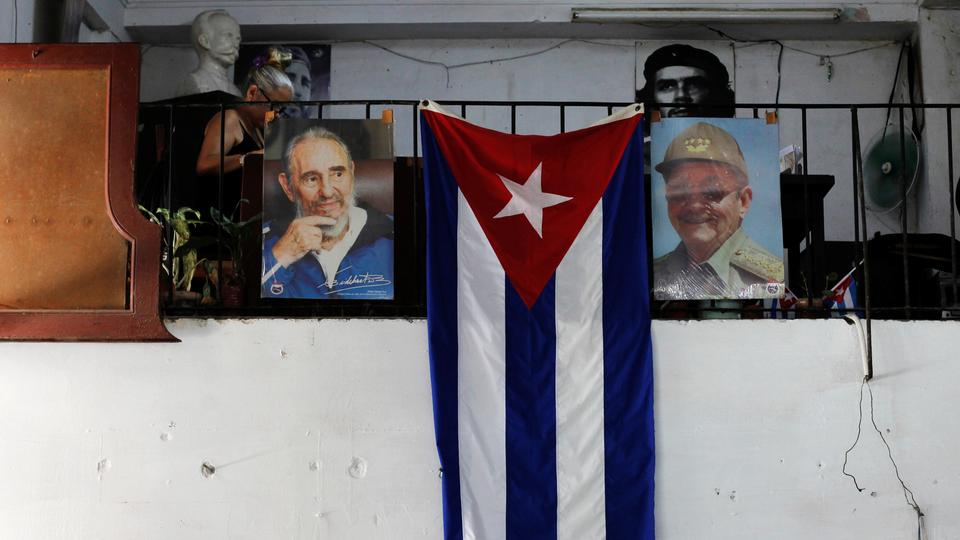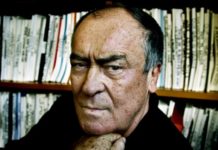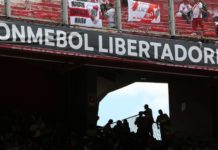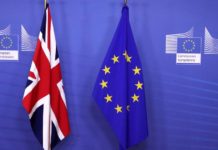Cuba welcomes new private property law
On Sunday, Cuba’s National Assembly voted through a new constitution which recognises private property for the first time in decades. The constitution will be put to popular referendum later this year.
 The Cuban flag hangs next to the photographs of late Cuba’s President Fidel Castro and his brother, Cuba’s former President Raul Castro, in Havana, Cuba July 21, 2018. (Reuters)
The Cuban flag hangs next to the photographs of late Cuba’s President Fidel Castro and his brother, Cuba’s former President Raul Castro, in Havana, Cuba July 21, 2018. (Reuters)
After Fidel Castro came to power in Cuba in 1959, property sales were banned. Now, the national assembly is expected to approve a constitutional change to officially recognise private property for the first time in decades.
Niuris Higueras Martinez owns a restaurant that caters to tourists, diplomats, and affluent Cubans. She employs 22 workers, but up until now, Cuban law hasn’t allowed her to incorporate her restaurant as a separate legal entity. Officially at least, she’s a business-woman without a business.
“If we could register the company it would allow us to trade with other businesses in Cuba and abroad, it would allow us to import, this would help us grow. That wouldn’t only mean growth for us, but growth for the economy, more employment, more people with their own businesses. That would be fabulous!” Martinez says.
Ed Augustin reports from Havana.










